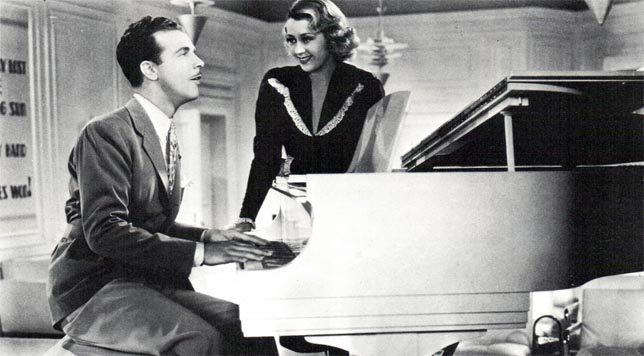Make Way for Tomorrow (1937). 92 minutes. Directed by Leo McCarey. Starring Victor Moore (as Barkley “Pa” Cooper), Beulah Bondi (as Lucy “Ma” Cooper), Thomas Mitchell (as George Cooper), Fay Bainter (as Anita Cooper), Barbara Read (as Rhoda Cooper), Maurice Moscovitch (as Max Rubens), Elisabeth Risdon (as Cora Payne), Minna Gombell (as Nellie Chase), Porter Hall (as Harvey Chase), Ray Meyer (as Robert Cooper), Ralph Remley (as Bill Payne), Louise Beavers (as Mamie), Paul Stanton (as Mr. Horton), and Dell Henderson (as Ed Weldon).
You may have already heard about the Depression-era film Make Way for Tomorrow, even if you have never seen it. Documentary filmmaker Errol Morris called it “the most depressing movie ever made,” and Orson Welles told Peter Bogdanovich that “it would make a stone cry.” It has not achieved the commercial success or popular recognition of other critically acclaimed films of its time but is today considered to be an overlooked classic, an unflinching look … Read the rest


